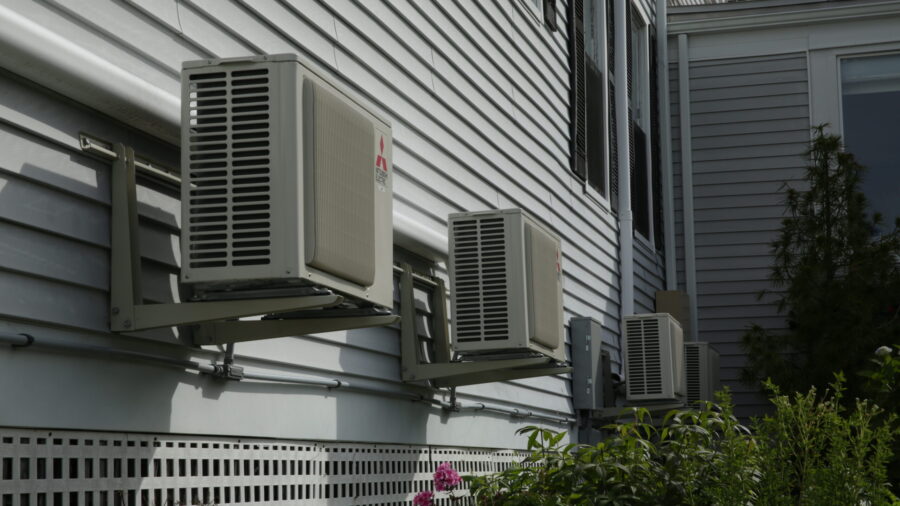Blog
Are You Making The Most of Your Heat Pumps?

High-performance heat pumps have been installed in tens of thousands of Maine homes and businesses. These efficient heating and cooling systems can save you or your business money and energy if you use them correctly. If you’ve made the investment in heat pumps, or are considering it, make sure to follow these tips to take advantage of your system’s savings.
- Use your heat pump year-round.
High-performance heat pumps are the most efficient heating system, even on the coldest winter day. If you have both a heat pump and a furnace/boiler, your heat pump is the more energy-efficient choice.
- Set it and forget it.
Heat pumps are different from furnaces and boilers. Turning a heat pump down when you’re away or asleep may actually use more energy than leaving it on. It’s best to set it at a comfortable temperature and forget it.
- Set for comfort.
Heat pumps measure room temperature differently than traditional furnace or boiler thermostats. You may find you need to set your heat pump at a higher temperature than you are used to. Set it for comfort regardless of your usual furnace/boiler setting.
- Give your heat pump its own zone.
Step 1 — To prevent the boiler/furnace from competing with the heat pump, close dampers/radiators in spaces heated by the heat pump.
Step 2 — To prevent the heat pump from interfering with the boiler/furnace thermostat, move the thermostat out of range of the heat pump.
- Use your heat pump before your boiler/furnace.
Because your heat pump is more efficient than your boiler/furnace, use your heat pump first. This might mean setting the heat pump thermostat higher than your boiler/furnace thermostat to ensure that your heat pump runs instead of your boiler/furnace.
- Avoid “Auto” mode.
Set your heat pump mode to “Heat” in winter and “Cool” in summer. Avoid using “Auto” mode because it could cause the system to heat on a cool summer night or cool on a sunny winter afternoon.
- Optimize fan speed.
Start off with the fan setting on “Auto Fan.” If that doesn’t spread the heated or cooled air far enough, set the speed to the lowest level that will meet your needs.
- Optimize air flow direction.
Generally speaking, it’s best to direct warm air towards the floor and away from occupants and direct cool air up or directly at occupants. Experiment to see what’s most comfortable for you.
- Clean your dust filters.
Heat pumps work best when dust filters are clean. Vacuum or rinse the dust filters whenever they become visibly dirty or when the indicator light comes on. The frequency of cleaning can range from weeks to months depending on use and dust volume. For details on how to take the filters out, consult your user manual.
- Keep your outdoor unit clear.
Keep shrubs away from outdoor units and remove leaves that may become stuck in them, being careful not to bend the radiator fins. Clear snow drifts away from outdoor units but don’t worry about snow and ice accumulating on them. Heat pumps automatically defrost.
- Have your heat pump serviced.
In addition to your regular filter cleaning, heat pumps require periodic professional maintenance. Consider following the manufacturer’s recommendations about when to professionally clean and service your unit. Regular maintenance can help ensure peak performance.
We hope these tips help you maximize the benefit of your heat pump. While every home and business is different, a high-performance heat pump will operate most efficiently and reduce overall heating and cooling costs if you follow these tips.
For more information on heat pumps and Efficiency Maine residential rebates and commercial incentives, click here.
To subscribe to Efficiency Maine’s blog page, please click here.
